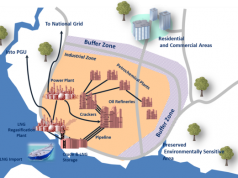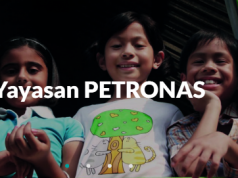KUALA LUMPUR, Sept 5- Petronas Wednesday clarified there is a common misconception that Malaysia will be able to produce cheaper petroleum products such as gasoline and diesel if it were to produce and consume its own crude oil.
However, the national oil corporation said that the Tapis blend of crude oil found in Malaysian waters was the most expensive crude feedstock.


Petronas said this in a statement tonight in light of the recent subsidy rationalisation by the government which led to concerns and misconceptions brought up by certain members of the public.
The expectations by these parties was that Malaysians should enjoy consuming petroleum products, especially gasoline and diesel, at minimal price in line with the country’s status as an oil-producing nation, it said.
This is in contrast to nations such as Saudi Arabia and other Middle East countries that produce cheap sour crude in large quantities.
Tapis blend fetches a considerable premium over the average blend with its price commanding a premium of US$122.96 per barrel on August 30, 2013, compared with commonly trade crude oil Brent blend at US$115.38 on the same day.
Petronas said that the current retail pump prices of petroleum products in Malaysia does not reflect the real cost of producing the commodity as it does not track and reflect the changes in crude costs.
This is because the difference and impact of crude changes has been absorbed by heavy government subsidies.
Crude oil prices have been on the uptrend due to political and security uncertainties in the Middle East such as Egypt and Syria.
“Despite this, pump price of gasoline and diesel retailing in Malaysia has remained flat at the expense of the growing subsidy amount.” “Heavy subsidy is an unsustainable expenditure in the long term.
Additionally, it promotes energy inefficiency and imprudent consumption, Petronas said.
– BERNAMA










